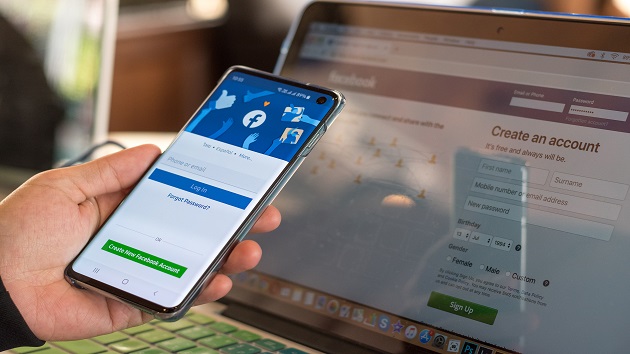By MICHAEL DOBUSKI, ABC News
(NEW YORK) — Australia’s Parliament approved the final amendements to a new law Thursday requiring tech companies to pay news organizations for their content. That means companies like Facebook and Google will have to shell out in order to have Austrailian news outlets post articles on their platforms. The move caps a tumultuous few days for social media companies in the country.
Facebook had halted the sharing of all news content for Australians on February 18. News organizations couldn’t post to their official pages, Australian residents couldn’t share links to news articles, and even non-Australians were restricted from posting stories from the country’s news outlets. This week, after last-minute amendments to the law passed, Facebook began restoring the wiped content.
“It was deliberately destructive, and very much achieved its goal,” says Protocol Editor-In-Chief David Pierce. The far-reaching ban on news content came after a year of debate around a piece of legislation called the News Media and Digital Platforms Mandatory Bargaining Code.
Part of the law would have forced the tech companies to pay news publishers in the country to appear on the platforms. If the companies refused, they’d be forced into arbitration- a process that would’ve given the Australian government final say in how much a tech company would have to pay a news publisher in order to host content.
“The Australian government wanted to pass legislation that they hoped would reset the balance between publishers and big tech companies,” says Pierce.
Google and Facebook have been pushing back against the law since its introduction, with the former threatening to pull its search function from the country, and the latter taking the drastic step of removing news content from the platform once the legislation appeared likely to pass.
Certain Australian government organizations got caught up in the ban as well. Services like fire and rescue pages, a weather forecaster, and even one of Facebook’s own pages were wiped from the platform temporarily. Pierce says the collateral damage was no accident.
“This is sort of a deliberate move on Facebook’s part, more as a bargaining tactic than anything… Like, ‘we can remove news- and look how bad it is."”
News publishers in the country quickly saw how much of their audience came from just Facebook. Traffic to Australian news outlets was down about 13% according to analytics firm Chartbeat. A report last year from market research firm Roy Morgan found 38% of Australians consider social media their main source of news; nearly eight million people. So, with pressure building from all sides, Australian Parliament made some changes to the legislation. Now, tech companies will be allowed a longer period to work out a deal with news publishers, with arbitration being used only as a last resort. In addition, tech companies will have more leeway over which news organizations they do business with.
“It’s always been our intention to support journalism in Australia and around the world, and we’ll continue to invest in news globally and resist efforts by media conglomerates to advance regulatory frameworks that do not take account of the true value exchange between publishers and platforms like Facebook,” Campbell Brown, Facebook VP of Global News Partnerships, said in a statement.
“The Australian government caved, basically,” says Pierce.
By midweek Facebook had begun restoring news content. The company says it’s already cut a deal with publisher Seven West Media, and is working on doing the same with another organization called Nine Entertainment. Google, meanwhile, has announced a deal with News Corp, which owns and operates a variety of newspapers and TV channels in the country.
Though it appears the social media landscape is returning to some form of normalcy in Australia, the incident did catch the attention of some other countries. Pierce says the international attention is a big part of the reason Facebook acted in such a dramatic way.
“I think if this had gone through and it had actually brought Facebook and Google to heel to some extent, I think you would’ve seen a lot of other countries pick this up,” says Pierce. “So that’s why, for Facebook, it was important to come out and say, essentially, ‘we are more powerful than you."”
Copyright © 2021, ABC Audio. All rights reserved.












